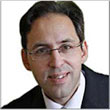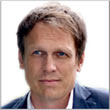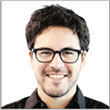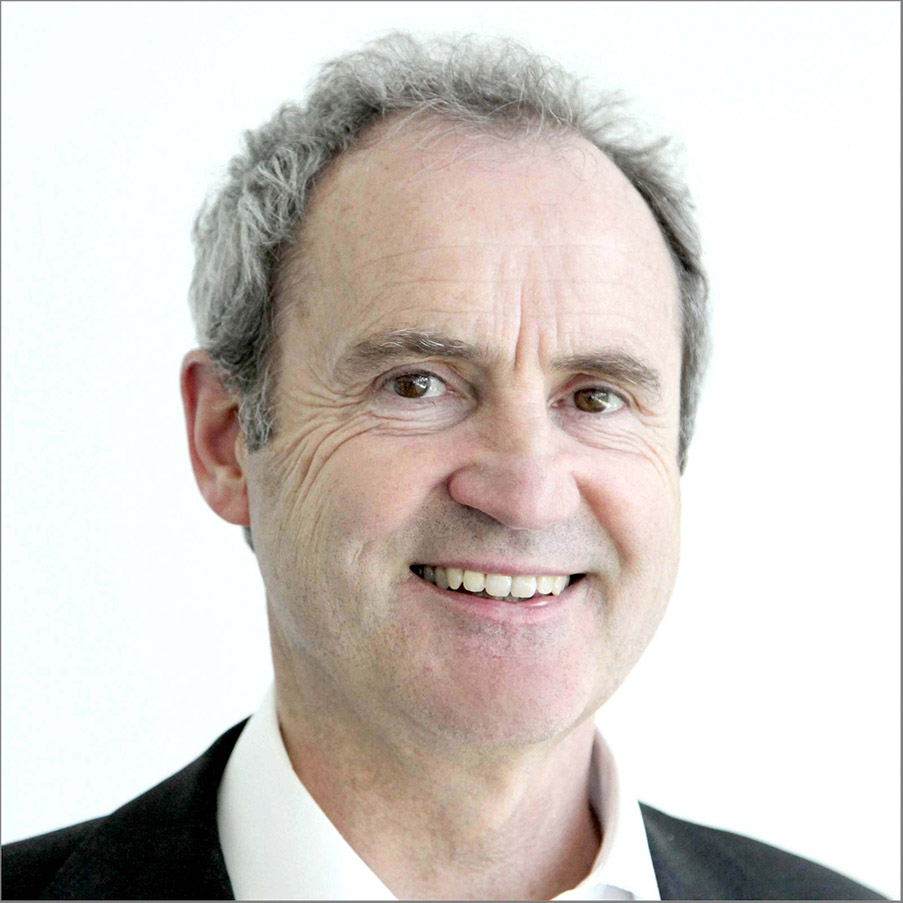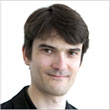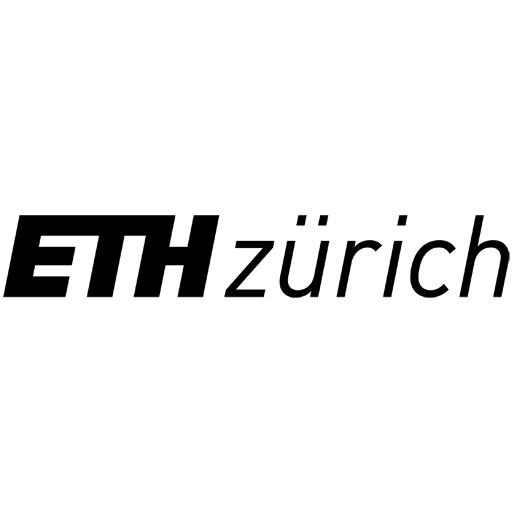Course instructors
Bernhard Klein
Dr. Bernhard Klein received his diploma degree in Computer Science from the Technical University of Munich and a doctoral degree at the University of Vienna in Economic and Social Sciences. He joined the Distributed and Multimedia Systems research group a…
Chen Zhong
Chen Zhong is a PhD candidate at the Future Cities Laboratory (FCL) in Department of Architecture at ETH Zurich. She holds a master degree of Engineering in GIS from LIESMARS and a bachelor degree in spatial information and digital technology at Wuhan Uni…
Dirk Hebel
Dirk E. Hebel is Assistant Professor of Architecture and Construction at the Future Cities Laboratory in the Singapore-ETH Centre. Prior to that, he was the founding Scientific Director of the Ethiopian Institute of Architecture, Building Construction and…
Estefania Tapias
Estefania Tapias is Postdoctoral fellow and Lecturer at the Chair of Information Architecture, ETH Zurich. Her research is focus on Information Cities and climate-sensitive urban planning. Estefania attained her doctoral degree at ETH Zurich and obtained …
Marcel Brülisauer
Marcel Bruelisauer is a researcher and PhD candidate at the FCL Low Exergy Module. During and since receiving his MSc in civil engineering from ETH Zurich, he has been active in the field of sustainable construction and building systems on three different…
Gerhard Schmitt
Gerhard Schmitt is Professor of Information Architecture at ETH Zurich, leader of the ETH Future Cities Laboratory Simulation Platform, Founding Director of the Singapore-ETH Centre in Singapore, and ETH Zurich Senior Vice President for ETH Global. His re…
Reinhard König
Dr. Reinhard Koenig studied architecture and urban planning. He completed his PhD thesis in 2009 at the University of Karlsruhe. Dr. Koenig has worked as a research assistant and appointed Interim Professor at Bauhaus-University Weimar. He heads research …
